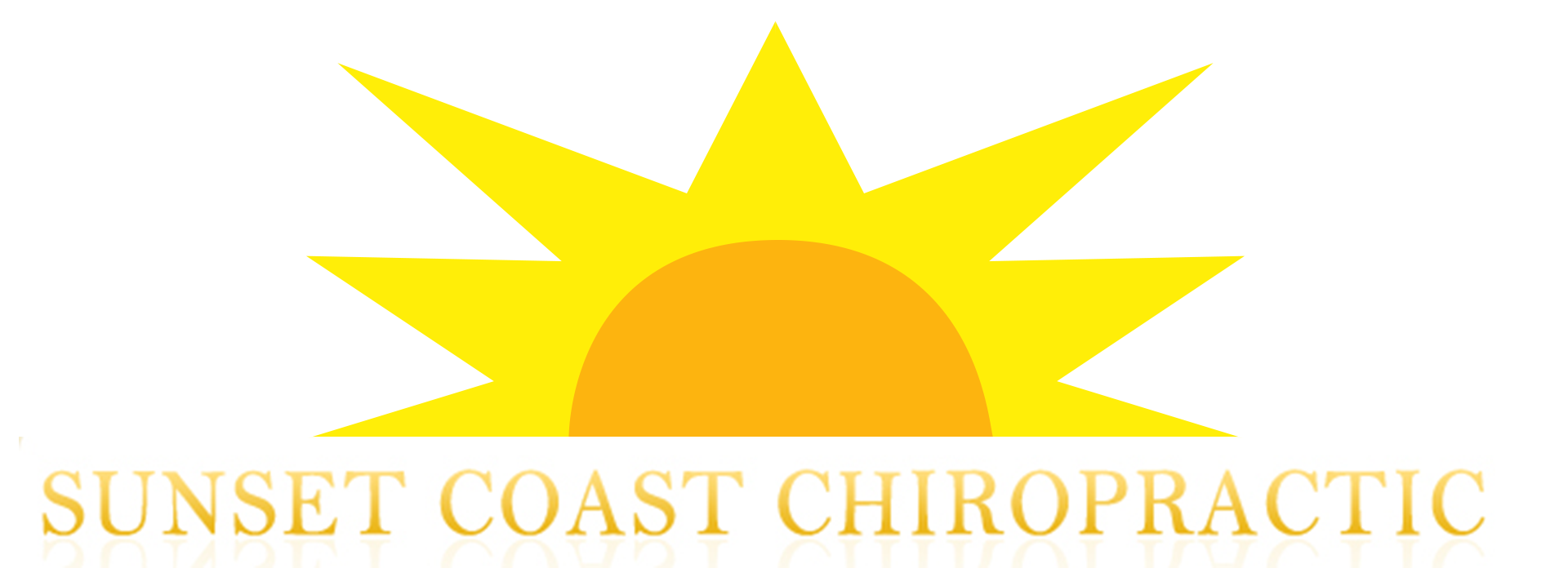An intercostal (between the ribs) muscle strain is a common cause of rib pain. During contraction or stretch of the  intercostals tension is placed through the muscles. When this tension is excessive due to too much repetition or high force, a tear in one or more of the intercostal muscles may occur causing pain in the rib cage.
intercostals tension is placed through the muscles. When this tension is excessive due to too much repetition or high force, a tear in one or more of the intercostal muscles may occur causing pain in the rib cage.
If you are suffering from an intercostal muscle strain you will typically experience a sudden, sharp pain or pulling sensation in the side of the chest (often in the region of the lower ribs) during the activities that place tension on the muscle. Pain typically occurs suddenly but can also occur gradually over time such as over the course of a match or training session.
Chiropractic Assessment
A thorough examination from a Chiropractor is usually enough to diagnose an intercostal strain. Further investigations, such as an X-ray, MRI, CT Scan or ultrasound, are sometimes required to confirm diagnosis, rule out other conditions, determine the severity of injury and monitor healing.
Chiropractic Management
- Protection and Rest that avoid activities that aggravate.
- Splinting or bracing the affected area.
- Icing
- Avoid complications: Get moving as soon as the pain allows – not moving at all increases the risk of other complications such as chest infections, deep vein thromboses and muscle wasting.
- Modalities including the use of ultrasound, ice, cold laser, dry needling to decrease pain and inflammation of spinal structures.
- Painkillers are crucial in the early stages of recovery.
- Manual Therapy: hands on care including soft tissue massage, stretching and joint mobilization and adjustments of the spine plus ribs to restore normal alignment.
- Therapeutic Exercises
- Home programs: including strengthening, stretching and stabilization exercises and instructions to help perform daily tasks and advance to the next functional level.
Prognosis
Intercostal muscle strain usually recovers fully over the course of four to six weeks if proper Chiropractic is applied and if muscle strain is mild. Severe muscle strain on the other hand, requires longer period for a full recovery.
Towards Wellness: Tips to Help you Sleep
If you are trying to sleep don’t drink coffee, tea or soft drinks within five hours of your bedtime and don’t eat high sugar foods (including chocolate). Ensure you don’t drink alcohol 3 hours before you wish to sleep and definitely don’t smoke; nicotine is worse than caffeine as it stimulates brain-wave activity and also increases your blood pressure and heart rate. All these stimulants affect the onset of sleep and make it harder to reach a level of REM sleep.
S-T-R-E-T-C-H of the Month: Tree Pose
To build concentration and balance, try doing the tree pose: Stand with your feet directly under your hips, feet parallel. Lift your right foot and rest it on the inside of your left leg, under your knee. Clasp your hands together in front of your chest. Keep your gaze forward and take up to six easy breaths. Then repeat, this time standing on your right leg and lifting your left. If your balance is shaky, rest your hands on a chair in front of you.
